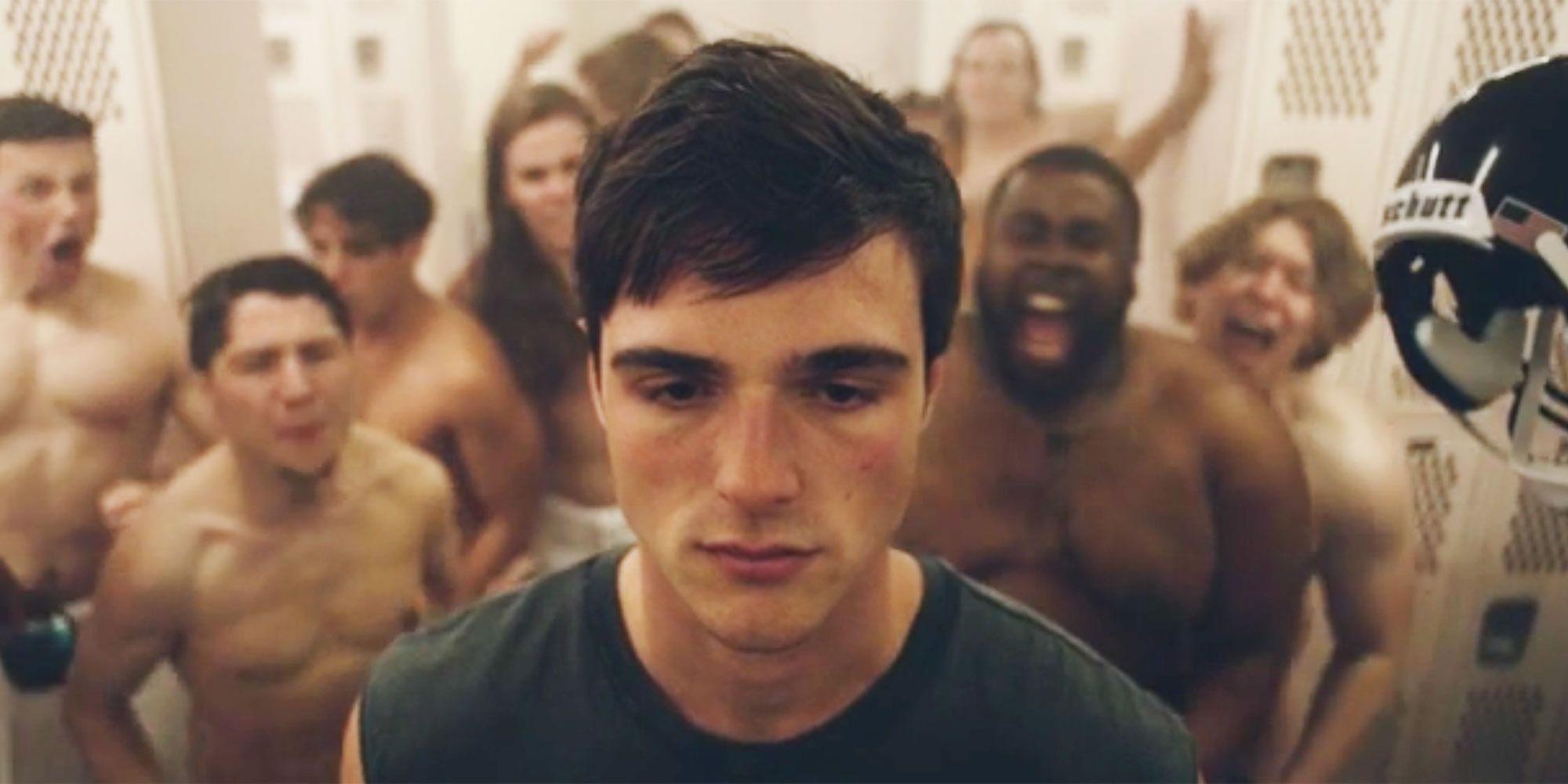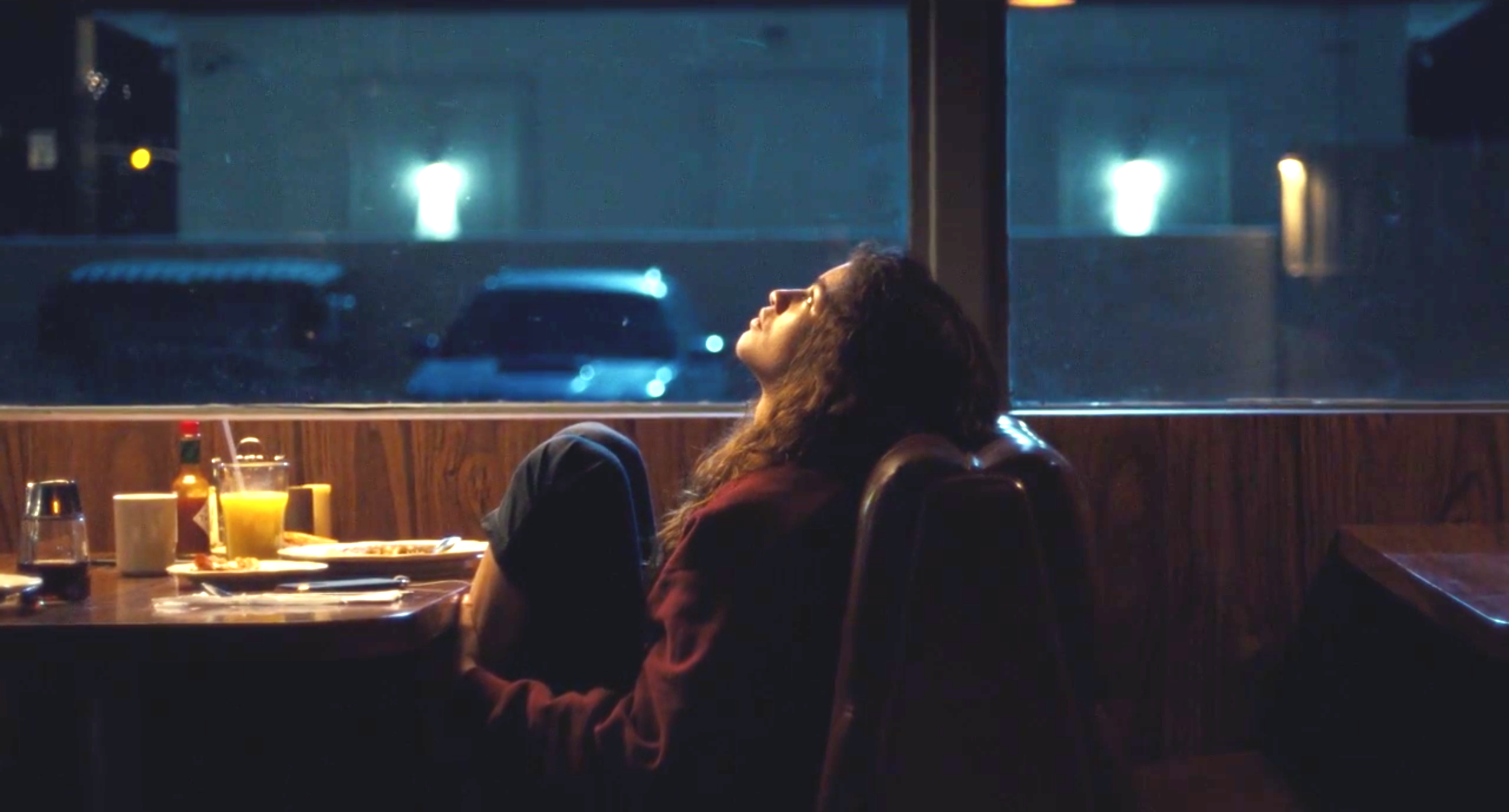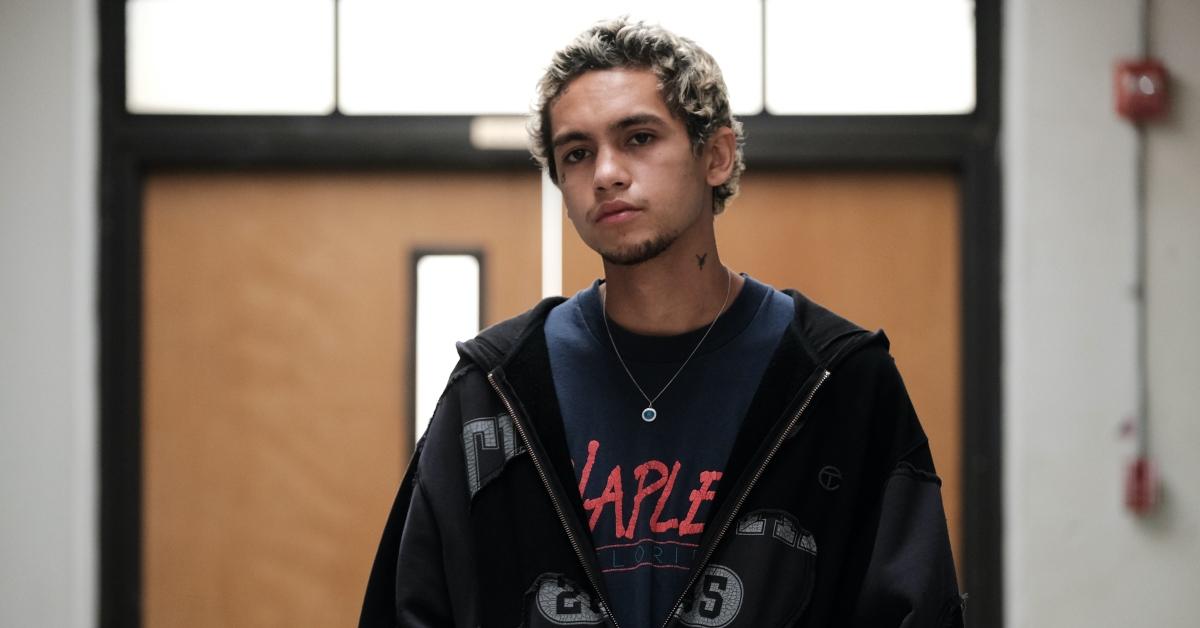Almost three years ago, HBO aired a teen drama show, its first of the genre. Produced by A24, it redefined what it meant to be bold in premium TV, with showrunner Sam Levinson drawing a ton of attention for addressing difficult and often taboo topics about teenagers’ lives in high school. This includes substance abuse, physical abuse, and sexual abuse. It brought Zendaya her first Emmy Award for her brilliant portrayal of Rue Bennett, the protagonist and narrator of Euphoria. The show becoming the talk of the town overnight isn’t surprising, given that it pushed and broke limits of all kinds with its unflinching depiction of the darkness that often plagues the lives of high schoolers. Beyond two special episodes which were decidedly more quiet and contemplative than the rest of the show, there was no more content to follow until early January 2022. And that’s when the internet began flooding.
The thing about shows like Euphoria, in terms of the attention they grab, is that they become victims of over-discussion. Everyone’s talking about it, so everyone’s writing about it, and more often than not, the same article is separately written by even ten different people. There’s no plagiarism, it’s just that this is topical, so everyone wants to say something about it.

For example, two years ago, there was this hilarious take on the full-frontal male nudity on display in the show. Everyone was talking about it, but doing an actual count of the number of penises on display is truly a unique way of addressing a topic that was flooding fanbases across social media. I found out about it through another unique take on said nudity which has faced more backlash than appreciation, although it addresses the second season more specifically. It theorizes that the nudity on Euphoria isn’t gratuitous or there to grab attention only, because it deconstructs conventional symbolism of male nudity by basically saying that, to quote the article, “the naked male form can be associated with vulnerability and weakness than with toxicity and power.”
Even agreeing with the multitude can be a personal experience. Everyone has different reasons for feeling the way they do about something, and even if everyone else feels that way, the reasoning is still personal. So while everyone was either celebrating the show for being bold by showing so much nudity, for example, or criticising it for being unnecessarily objectifying, there was the article from the previous paragraph that made a very personal observation about what the nudity represents beyond being bold. It essentially agrees with fans of the daring the show but finds a specific reason to still write again about it. Similarly, this article which criticizes the excessive nudity makes the point that– to quote it–“Relying on provocation for fun suggests a crisis of confidence.” It theorizes that Euphoria’s issue isn’t about purely wanting to shock people with the excessive nudity, but that the beauty of its cinematography, and the way it presents said shocking imagery, suggests it’s somewhat self-centred, unaware that it’s basically promoting a ‘substance over style’ type of narration. What is also interesting about the article, is that depending on whether it’s critiquing the violence or the beauty, it personifies the show as a ‘he’ or a ‘she’ respectively. This is an incredibly personal voice, whatever its flaws in the ideas or their presentation.

Theorizing that the show is unaware of itself, is also done by this article which says, “Euphoria is much better when it’s quiet than when it’s loud.” Most viewers either loved the explosive tone, or felt it was all bells-and-whistles, but this particular observation is pretty unique. I’ll agree I had a similar take on it after watching the two special episodes because the first one focusing on Rue is my favourite Euphoria episode, but the fact that this shows a lack of self-awareness, rather than just a tendency to be bold for the sake of increasing viewership, never occurred to me until I read this particular piece.
Criticized in the comments for having way too many factual errors, this piece caught my attention because it had a very personal angle. The title “Everyone Loves to Be Loved in Euphoria Episode Two” suggests the writer had found a reason to specifically talk about the show. Most people address the drugs or the abuse or the darkness in the characters’ lives but the writer suggests that the narratives unfold out of a basic need to be loved. As dark as the show is, it apparently addresses the most basic of human needs – affection. Euphoria has doubled down on this, with too many love triangles now, and an ideal example of an intriguing headline would be this article titled “A Pentacle of Love Triangles”. The topic is still generic, but the wordplay ensures people read it more. There’s no right and wrong, because it’s a competitive world for writers, and let’s face it, titling this piece a certain way also goes to show how talented the person is as a writer. The voice inside isn’t necessarily very unique, but then that’ll happen if you don’t find a specific reason to talk about something everyone’s already talking about.

My favourite personal angle, of the ones I came across, is “Everyone Loves to Be Loved in Euphoria Episode Two”. (Although I admit the writer could have been more careful with factual inaccuracies on their part) That being said, another one I really enjoyed reading, said that, and I quote, “If the first season was all about letting the good times roll, then the much anticipated (and delayed) sophomore effort is decidedly about the comedown.” Anyone who’s seen the show will understand why I was shocked by such a proposal. I’d never considered the first season to be a party, but apparently, it can also be read that way. The writer focuses a lot on the acting in the episode as opposed to any other qualities. Although the performances are quite critically analyzed, the central argument I’ve quoted is also justified, and it’s a wonderful read, and not just because the hypothesis is so obviously bold, much like the show it references.
Another piece argues that Rue and Jules are so clearly focused on, that the show isn’t as compelling when diving into the narratives of the other characters. Season 1 really justified having so many unique voices of near-equal importance, and to know that the show has apparently lost the ability to juggle was a disappointing experience. But it’s an honest opinion, and most viewers are yet to see more than half of the show, so I respect the opinion and the manner of expression because it’s not generic. So while Euphoria’s far-reaching fame means every new episode gets a lot of articles dedicated to it, there’s comfort to be found in the realization that not everything is generic. Opinions on Euphoria are here to stay, but these writers are finding unique angles which reward reading. Amidst a crowd of people flooding the internet with generic pieces, some are using this opportunity to put out their unpopular opinions, or unique takes for readers to enjoy. This trend is truly heartening and I hope to see this crowd grow as the show progresses.

Leave a Reply